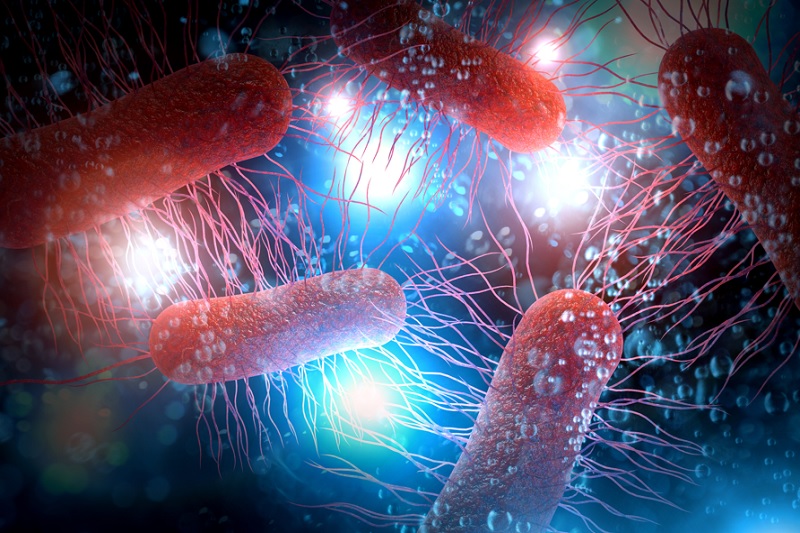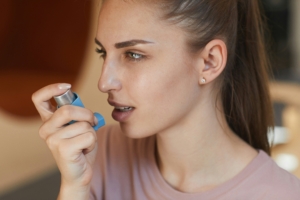
UK-Spanish team to optimise efficacy of microbial production processes
Researchers have presented a novel method to promote biofilm formation and thus to increase efficiency of biocatalysis in biotech production.
In a paper published in Materials Horizons, the reseach team headed by Paco Fernandez-Trillo from the University of Coruna and Dr Tim Overton from the University of Birmingham (UK), describe that additiin of a set of synthetic polymers carrying mildly cationic, aromatic, heteroaromatic or aliphatic moietiy induced biofim formation even in production strains that normally slowly form biofilms. The researchers say that their method can significantly improve yields of enzymatic synthesis of pharmaceuticals, fine chemicals, or food ingredients on an industrial scale.
The most commonly used microbes, such as probiotics and non-pathogenic strains of Escherichia coli, are not necessarily good at forming biofilms, the growth promoting ecosystems that form a protective micro-environment around communities of microbes and increase their resilience and so boost productivity. The problem is normally solved by genetic engineering, but the new method can bypass this costly and time-consuming process.
In a screening for biofilm formation boosters, Trillo et al compared E. coli (MC4100), which is poor at forming biofilms with aE. coli strain PHL644, an isogenic strain obtained through evolution that is a good biofilm former to reveal the chemistries that are best suited to stimulating biofilm formation. Hydrophobic polymers outperformed mildly cationic polymers, with aromatic and heteroaromatic derivatives performing much better than the equivalent aliphatic polymers.When the reseearch team incubated both strains in the presence of these polymers, they found that MC4100 outperformed PHL644. -Trillo said: We explored a broad chemical space and identified the best performing chemistries and polymers that increase the biocatalytic activity of E. coli, a workhorse in biotechnology. This has resulted in a small library of synthetic polymers that increase biofilm formation when used as simple additives to microbial culture.
According to Trillo, "to the best of our knowledge, currently there are no methods that provide this simplicity and versatility when promoting biofilms for beneficial bacteria. These synthetic polymers may bypass the need to introduce the traits for biofilm formation through gene editing, which is costly, time-consuming, non-reversible and requires a skilled person in microbiology to implement it. We believe this approach has an impact beyond biofilms for biocatalysis. A similar strategy could be employed to identify candidate polymers for other microorganisms such as probiotics or yeasts, and develop new applications in food science, agriculture, bioremediation or health.
University of Birmingham Enterprise has filed a patent application for the method and polymer additives, and is now seeking commercial partners for licensing.


 BioDlink
BioDlink
 Unsplash+
Unsplash+